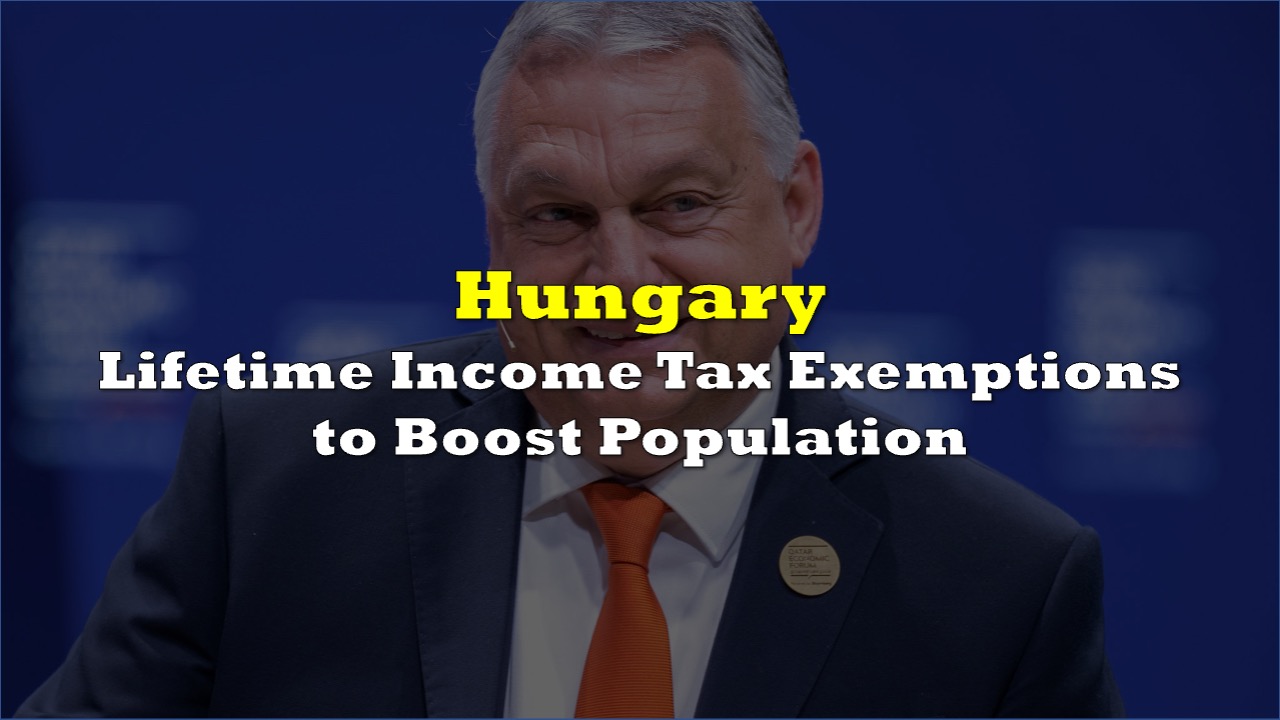In a bid to counter its ongoing demographic crisis, Hungary has unveiled a series of innovative policies aimed at boosting its dwindling population.
As of January, Hungarian women becoming mothers before the age of 30 will be granted a lifelong exemption from personal income tax, according to an announcement by Balázs Orbán, the political director of Prime Minister Viktor Orbán. The move is an extension of Hungary’s ongoing family-friendly policies.
The nation has been grappling with a severe labor shortage, exacerbated by a steadily declining fertility rate since 1975. With the fertility rate currently at 1.54 births per woman, well below the 2.1 replacement rate, the country faces a potential workforce crisis in the coming decades.
Previously, the Hungarian government had eliminated income tax for workers under 25 and mothers with at least four children.
👨👩👧👦Hungary extends its family friendly policies: from Jan, women who become mothers before turning 30 will be exempt from paying personal income tax!
— Balázs Orbán (@BalazsOrban_HU) December 29, 2022
🇭🇺 now has:
✅0% PIT for working adults up to 25
✅0% PIT for for mothers up to 30
✅0% PIT for mothers with at least 4 children pic.twitter.com/c0Tm81AIvy
Tighter abortion regulations have also been introduced as part of the effort to stimulate population growth. While Hungary has permitted abortion in the first 12 weeks of pregnancy since 1953, recent developments require abortion providers to furnish expectant mothers with clear indications of fetal vital signs prior to any termination decision.
Orbán, who leads a male-dominated government, has taken it upon himself to “fix” the country’s demographic problems. The right-wing prime minister maintains an anti-immigration stance, deterring potential newcomers and contributing to the labor shortfall.
“In all of Europe there are fewer and fewer children, and the answer of the West to this is migration,” Orban said in 2019. “They want as many migrants to enter as they are missing kids, so that the numbers will add up.”
“We Hungarians have a different way of thinking. Instead of just numbers, we want Hungarian children. Migration for us is surrender.”
The prime minister initiated these incentives without much input from women (e.g. is never having to pay taxes again really enough incentive to have more children or to have them in your 20s?).
Since the introduction of the exemption in 2019, the country’s birth rate has marginally gone up from 1.51 births per woman in 2020 to 1.54 in 2022.
Information for this story was found via Business Insider, The Washington Post, and the sources and companies mentioned. The author has no securities or affiliations related to the organizations discussed. Not a recommendation to buy or sell. Always do additional research and consult a professional before purchasing a security. The author holds no licenses.









